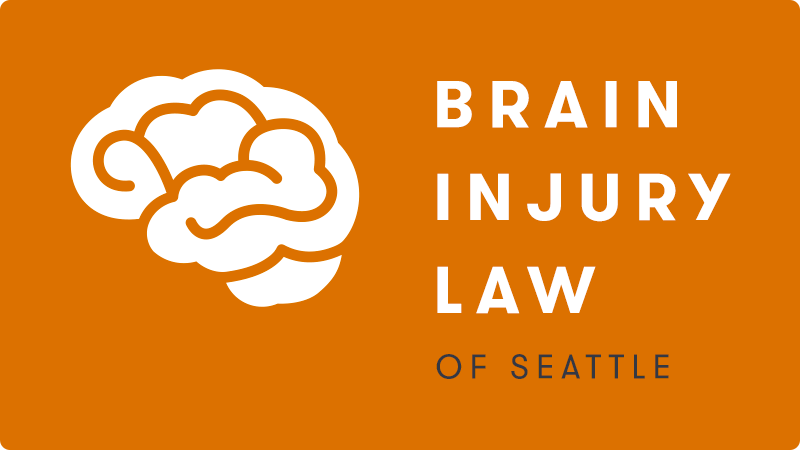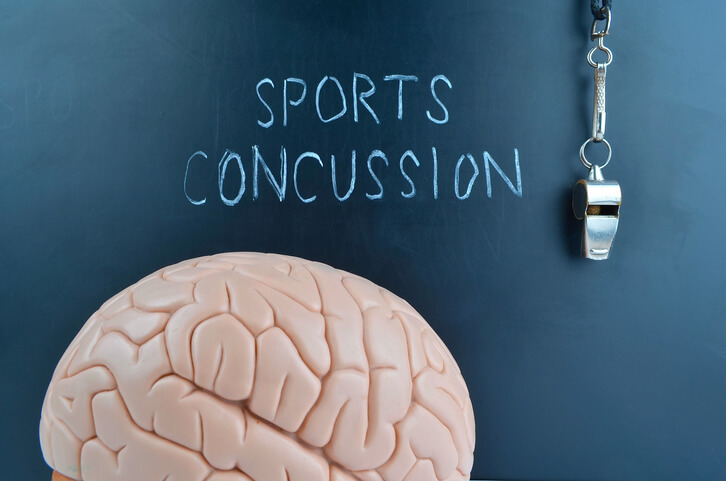There are millions of young athletes that practice hundreds of different sports in the US. Football, basketball, and other competitive contact sports are intense at every level, so it’s important to prioritize the safety of child athletes above anything else.
Serious injuries like concussions not only jeopardize an athletes’ immediate safety, but they can also produce long-term effects that require intense rehabilitation. Not only this, but returning to play too soon after a bad collision can aggravate the injury and reduce the athlete’s chance of making a full recovery.
The Zackery Lystedt law was designed to protect young athletes and prevent them from returning to the field too soon after an injury. In this article, we’ll go over the story of Zackery Lystedt and discuss how the Washington state concussion law for child athletes works. We’ll also tell you what you need to do if you or a loved one were forced to play while suspected of sustaining a concussion.
Page Contents
THE ZACKERY LYSTEDT STORY
Zackery Lystedt was a gifted high school football player who played on both offense and defense at age 13. During a game on October 12, 2006, Zackery fell to the ground while tackling an opponent and suffered a brain injury, after which he was sidelined for the rest of the quarter.
At the beginning of the next quarter, Zack returned to the field and finished playing the game. As the officials blew the last whistle, he collapsed to the ground and was evacuated to a medical facility where he underwent emergency brain surgery to remove parts of his skull. He experienced brain swelling, multiple strokes, and spent seven days of an artificial respirator. After years of arduous rehabilitation, Zack was able to speak, move his limbs, and stand on his own two feet.
Medical experts and leading authorities believe that returning to the game prematurely resulted in a severe brain injury. It’s likely that Zack suffered a concussion or similar injury during the first collision and returning to the game without proper medical clearance may have worsened the damage. The state of Washington passed the House Bill 1824, known as the Lystedt law, which prevents athletes from returning to play after an injury without written medical consent.
ZACKERY LYSTEDT LAW EXPLAINED
The sad reality is that Zack’s case is not unique. Thousands of child athletes are forced to “shake it off” and return to play too soon, which has prompted the implementation of state concussions laws.
The Lystedt law was the first of its kind and now each of the 50 states has its own version of this legislation. In Washington, the Lystedt law put in place the following provisions:
- Young athletes that are under suspicion of suffering a concussion or head injury have to be removed from play
- Athletes can only return with written medical consent from a licensed physician or healthcare provider
- Local school districts and the Washington Interscholastic Activities Association implemented an awareness plan to educate coaches, parents, and athletes about the severity of brain injuries
- Students and their legal guardians must read and sign an informational sheet about concussions at the beginning of every sports season
- Private organizations and other entities that want to use fields and other public property must abide by these laws
SIGNS YOUR CHILD HAS SUFFERED A CONCUSSION
While all sporting events should have emergency healthcare service providers standing by, it’s important to learn about the different symptoms you can suffer from a concussion. These include:
- The feeling of pressure in the head
- Headaches
- Vomiting and nausea
- Difficulty maintaining focus
- Feeling groggy or hazy
- Inconsistent sleeping patterns
- Confusion or memory problems
- Changes in mood, behavior, and personality
WHAT CAN YOU DO IF YOU OR A LOVED ONE WAS FORCED TO PLAY?
If you believe you or a loved one was forced to play while being concussed, you need to know what to do in order to reduce the chances of suffering long-term damage. If this is the case, you should:
Seek Medical Attention Immediately
People exhibiting symptoms of a concussion should seek medical attention right away. A physician will be able to examine you, identify signs of a concussion, and determine if you need to perform additional tests for a final diagnostic.
Contact an Attorney
Lystedt law was put in place to protect young athletes from brain injuries and other common dangers of contact sports. If you or a loved one was forced to go back to play after showing signs of a concussion or another type of personal injury, contact an attorney to learn more about your options.
Report the Incident to the School’s Authorities
The local school authorities should also be informed in order to open an investigation and look into the potential breach of Lystedt law.
FIND A RELIABLE BRAIN INJURY ATTORNEY IN SEATTLE
If you want to find out more about Lystedt law and other regulations that protect young athletes, contact Brain Injury Law of Seattle today.
Related Articles
Which Sport Has The Most Injuries?
Sports Injury Treatment
How Do People Suffer a Spinal Cord Injury?
SYMPTOMS OF ANOXIC BRAIN INJURY HYPOXIC BRAIN INJURY
Football Brain Injury
How To File A Slip And Fall Claim?
What Do Best Sport Attorney Law Firms Do
CTE Brain Injury
PTSD From Car Accident
Delayed Concussion Symptoms


